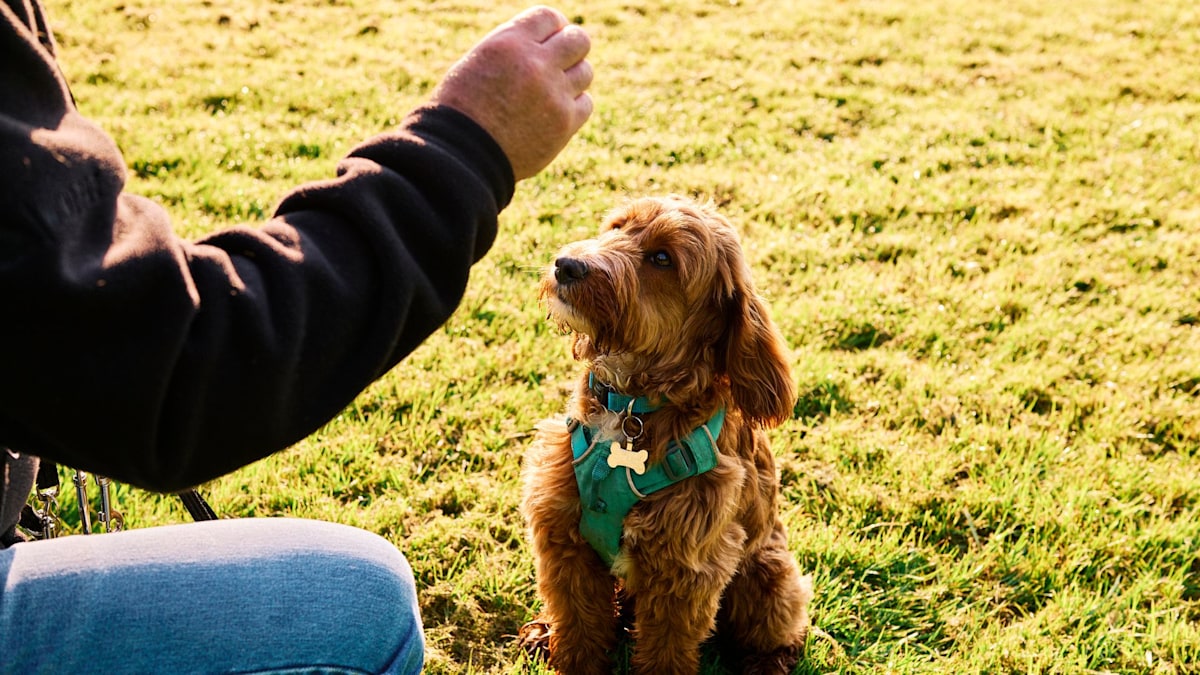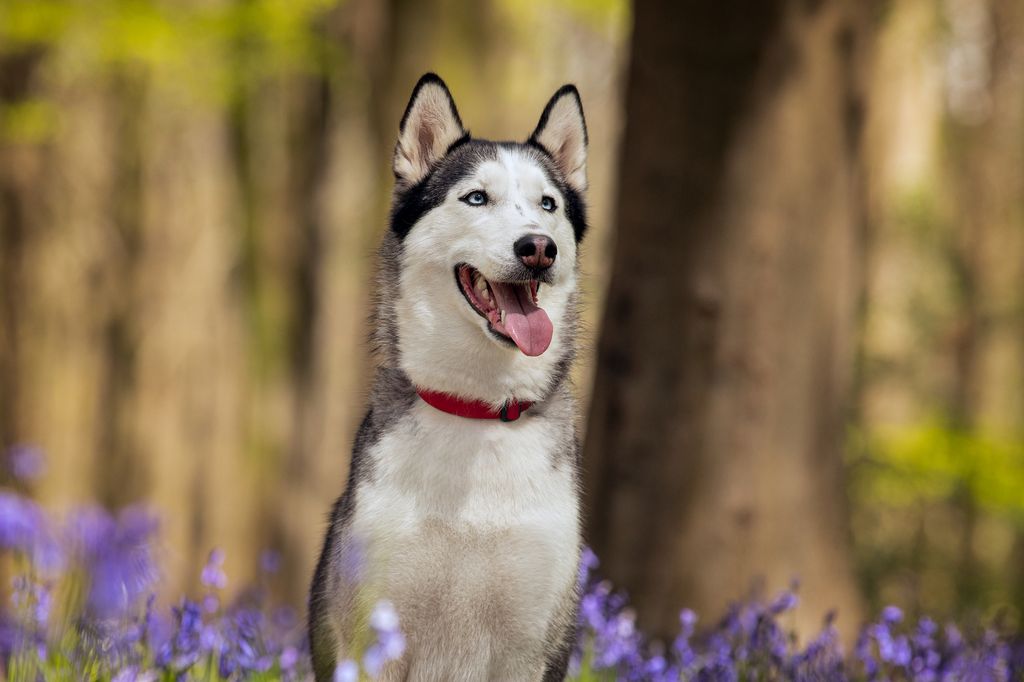If you’re the owner of a dog, you’ve probably often wondered what they’re thinking. Our furry friends can communicate how they’re feeling in their own unique way, but it’s impossible to suss out what’s really going on in their brains. It’s also impossible to gauge how much they remember. Is a dog’s excitable behaviour when they see someone familiar or hear the word ‘walk’ really a case of their intelligent memory, or is it learned behaviour?
Your dog’s memory explained
Animal researchers have conducted extensive research on the subject, with science publication Discover Magazine noting that, generally speaking, dogs rely on what is known as ‘associative memory’, which means they can familiarise sounds, sights, smells and events based on a positive or negative result. For example, they might get excited when their owner presents them with their lead because they remember that the positive outcome of seeing the lead is going for a walk.
The publication also notes that many experts over the years have divided dogs’ memories into long-term memory and short-term memory categories, the latter of which only lasts a few minutes. Long-term memory, meanwhile, relies on storing information for long periods of time – and it seems the jury is still out on how long dogs can hold onto data for. In addition to ‘associative memory’, experts also state that dogs have ‘episodic memories’, i.e. memories of previous experiences. Some studies have also found that some dogs can hold onto associative memories for over a decade.
What can dogs remember?
However, a study conducted and led by Shany Dror, along with other researchers, found that the blanket terms of long-term memory are hard to generalise, despite their study’s findings offering positive results. Their research was published in Biology Letters and tested five dogs and their ability to identify the names of toys after they were taught, removed and then reintroduced after two years, testing the animals’ cognitive recognition.
The research states the group average showed that the dogs could correctly identify the toys 44 per cent of the time, which was above the 20 per cent chance that was expected. Shany said their research demonstrated that some dogs are capable of holding onto long-term memory when it comes to certain words.
However, it’s not a blanket result for all dog breeds, Shany insists. “Our research has found that even though dogs don’t have language, some of them can still remember words. [But] as the majority of family dogs do not show behavioural evidence of learning object labels, the findings presented here cannot be generalised to other dog populations or other cognitive domains.”
Do dogs have effective long-term memories?
The study concluded that while there is still research to be done on dogs’ long-term memory, Shany’s work concludes an interesting finding, but it’s not a direct ‘yes’ or ‘no’ answer. In their study, they referred to the five dogs as Gifted Word Learner (GWL) dogs – not your average hound.
“The dogs proved to remember the labels of between three and nine objects. The results shed light on the process by which GWL dogs acquire an exceptionally large vocabulary of object names.” They added: “When comparing the dogs’ group performance in the present two-year memory test, […] it appears that there was no significant reduction in their recall of the labelled objects.
“Little is known about the long-term memory capacities of the domestic dog. Our findings expand our knowledge of this topic by showing that some individual dogs can maintain object-label mappings years after they have first been exposed to them. However, from the fact that this capacity is within the species’ cognitive abilities, we cannot infer that it is a common characteristic.”
Read the full article here








